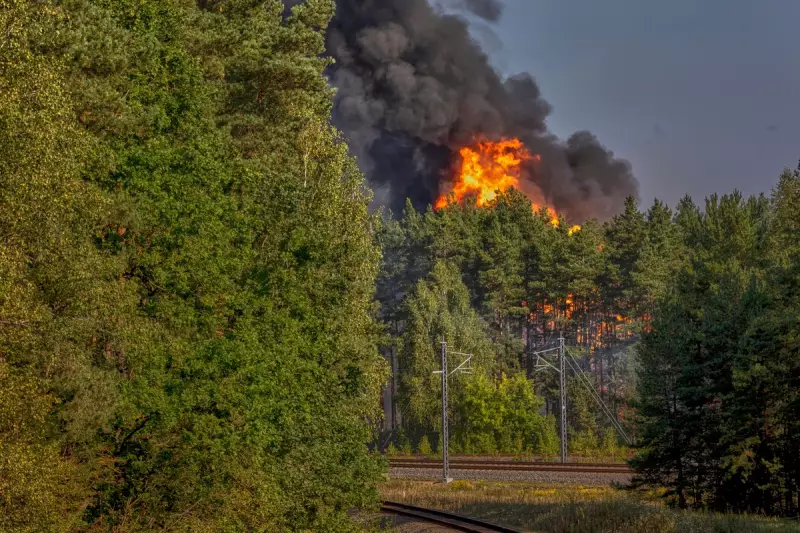
Lithuania's foreign ministry has issued a formal summons to Poland's top diplomat in Vilnius following a serious altercation between the two nations' border guard services. The incident, which Lithuanian officials have labelled as "aggressive" and "unacceptable," occurred on the volatile border with Belarus.
The confrontation unfolded on Sunday when a Polish border patrol allegedly used a vehicle to ram and damage a Lithuanian service car. According to a statement from Lithuania's State Border Guard Service, the Polish officers then attempted to forcibly remove the Lithuanian guards from their vehicle.
Escalation at the EU's External Frontier
This clash represents a significant diplomatic breach between two NATO allies who have generally presented a united front against what they describe as Belarusian and Russian "hybrid attacks" using migrants. The border region has been a flashpoint since 2021 when Minsk began encouraging thousands of migrants from the Middle East and Africa to cross into EU territory.
Lithuanian Interior Minister Agne Bilotaite expressed her government's deep concern, stating: "Such actions of Polish officers are unacceptable and must be considered as a very serious incident." She emphasised that Lithuania expects Poland to conduct a thorough investigation and take appropriate disciplinary measures against those responsible.
Official Response and Investigation
The Polish Border Guard has acknowledged the incident but presented a different account, suggesting their officers were attempting to verify the identity of individuals in an unmarked vehicle near the border fence. They claimed the Lithuanian officers failed to immediately identify themselves properly.
Despite these claims, Lithuania's National Border Guard chief, Rustamas Liubajevas, confirmed that the service vehicle sustained visible damage from the confrontation. The foreign ministry in Vilnius has formally requested that Poland investigate the incident and provide compensation for the damaged vehicle.
This diplomatic friction comes at a sensitive time for regional security cooperation, testing the solidarity between two key Eastern European nations facing shared challenges on the EU's external border.





